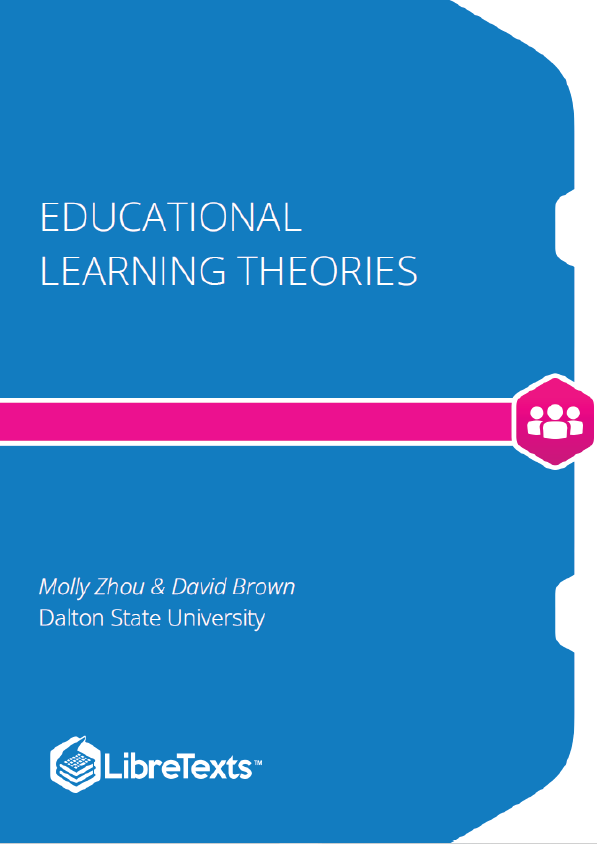This open textbook was the result of a remix of pre-existing open materials collected and reviewed by Molly Zhou and David Brown. Learning theories covered include the theories of Piaget, Bandura, Vygotsky, Kohlberg, Dewey, Bronfenbrenner, Eriksen, Gardner, Bloom, and Maslow.
Behaviorism is primarily concerned with observable and measurable aspects of human behavior. In defining behavior, behaviorist learning theories emphasize changes in behavior that result from stimulus-response associations made by the learner. John B. Watson (1878-1958) and B. F. Skinner (1904-1990) are the two principal originators of behaviorist approaches to learning. Watson believed that human behavior resulted from specific stimuli that elicited certain responses. Watson’s basic premise was that conclusions about human development should be based on observation of overt behavior rather than speculation about subconscious motives or latent cognitive processes (Shaffer, 2000). Watson’s view of learning was based in part on the studies of Ivan Pavlov (1849-1936). Pavlov was well known for his research on a learning process called classical conditioning. Classical conditioning refers to learning that occurs when a neutral stimulus becomes associated with a stimulus that naturally produces a behavior. Skinner believed that that seemingly spontaneous action is regulated through rewards and punishment. Skinner believed that people don’t shape the world, but instead, the world shapes them. Skinner also believed that human behavior is predictable, just like a chemical reaction. He is also well known for his “Skinner box,” a tool to demonstrate his theory that rewarded behavior is repeated.
What is Behaviorism?
Behaviorism is primarily concerned with observable and measurable aspects of human behavior. In defining behavior, behaviorist learning theories emphasize changes in behavior that result from stimulus-response associations made by the learner. Behavior is directed by stimuli. An individual selects one response instead of another because of prior conditioning and psychological drives existing at the moment of the action (Parkay & Hass, 2000).
Behaviorists assert that the only behaviors worthy of study are those that can be directly observed; thus, it is actions, rather than thoughts or emotions, which are the legitimate object of study. Behaviorist theory does not explain abnormal behavior in terms of the brain or its inner workings. Rather, it posits that all behavior is learned habits, and attempts to account for how these habits are formed.
In assuming that human behavior is learned, behaviorists also hold that all behaviors can also be unlearned, and replaced by new behaviors; that is, when a behavior becomes unacceptable, it can be replaced by an acceptable one. A key element to this theory of learning is the rewarded response. The desired response must be rewarded in order for learning to take place (Parkay & Hass, 2000).











